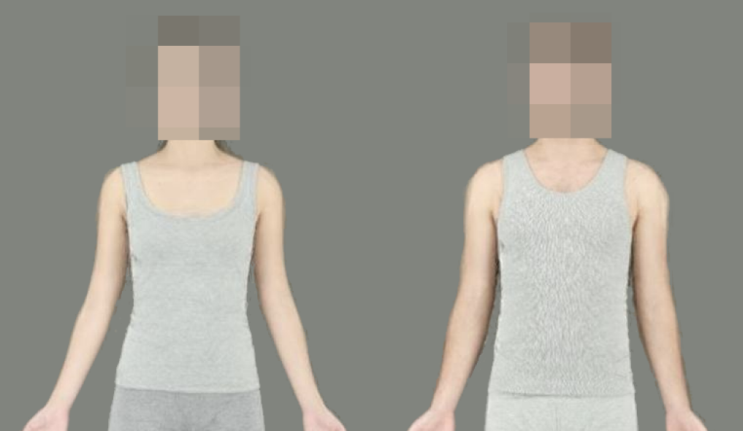
RESEARCH NEWS
It takes two minutes to change your body
It takes two minutes to change your perception of body size, a new Macquarie study suggests.
Directed by lead author Associate Professor Kevin Brooks, researchers explored how the perceptual mechanisms in a person’s brain adapt in response to images of one’s own or other people’s bodies by asking participants to give their opinions about body images that had been manipulated to look thinner or fatter.
“After two minutes of being exposed to images of thinner versions of themselves or others, we saw that the neural mechanisms controlling participants’ perceptions actually adapted to see thin images as normal, whereas original sized body images now looked fatter to them,” said Associate Professor Brooks.
The opposite situation was also true, where the exposure to fatter body types made participants see original body sizes as skinny. The research also indicated that separate neural mechanisms controlled a person’s perception of their own body size and another person’s body size, but that these mechanisms could affect each other.
“This means that being exposed to images of skinny people doesn’t just make you feel bad about your own body size, which has been known for a while, it actually affects the perceptual mechanisms in your brain and makes you think you are bigger or smaller than you really are,” said Dr Ian Stephen, another author of the study.
The researchers say that the findings, which indicate that we are extremely impressionable when it comes to body images, may help us understand more about how mental health problems involving body image disturbance, such as anorexia nervosa and muscle dysmorphia, can develop.
“There is only one way for information to be received by our brains: through the perceptual and neural mechanisms fed by our senses. By unpacking the details of the neural mechanisms involved in body size perception we are hoping to discover more about how the brain deals with this information as a whole, so that we can understand how conditions involving body image disturbance arise,” said Kevin.